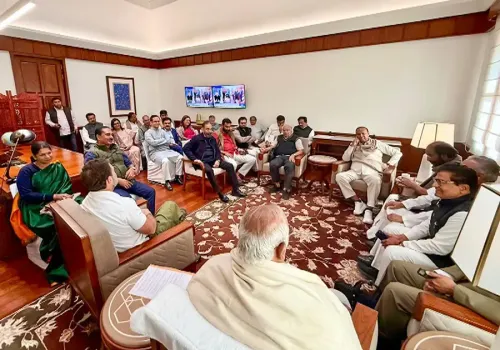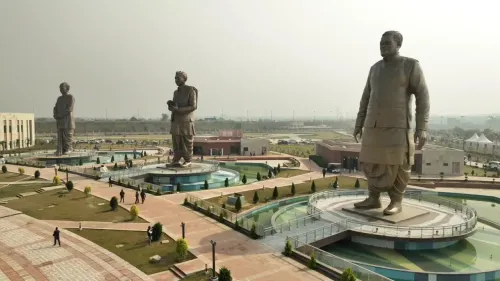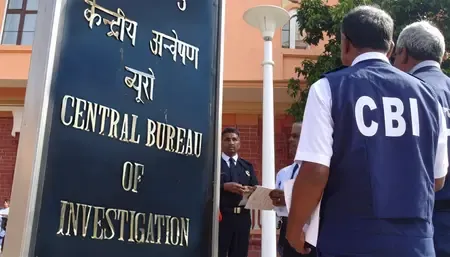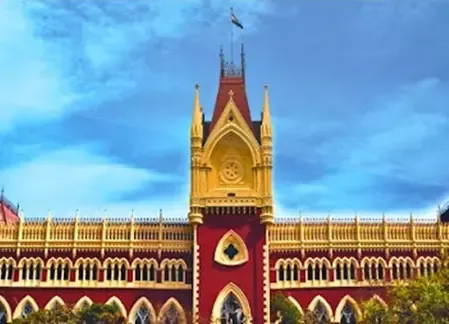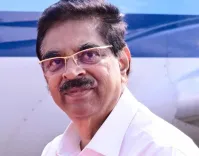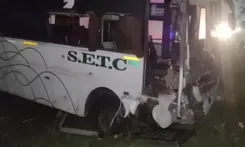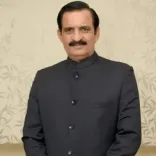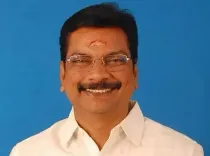How is Biroda Village in Burhanpur Leading the Way to a Plastic-Free Future?
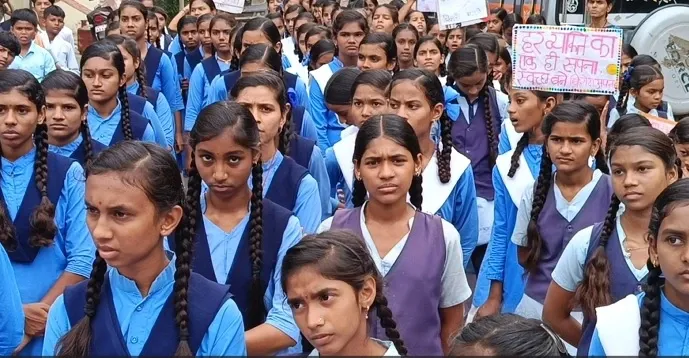
Synopsis
Key Takeaways
- Biroda village aims to be plastic-free.
- The initiative is backed by local leaders and school students.
- Community engagement is crucial for success.
- Inspired by PM Modi's cleanliness drive.
- Potential to serve as a model for other communities.
Burhanpur, July 25 (NationPress) In an extraordinary move towards ecological preservation, the village of Biroda in Madhya Pradesh’s Burhanpur district has initiated a courageous campaign aimed at achieving a plastic-free status.
Motivated by Prime Minister Narendra Modi's Swachh Bharat Mission, the village's leaders, including the Sarpanch, Deputy Sarpanch, Secretary, and other local representatives, have come together to commit to eliminating plastics from their community.
This grassroots effort comes at a time when Indore has once again been recognized as the cleanest city in India for the eighth consecutive year—an accomplishment that has inspired villages like Biroda.
To transform their vision into a reality, the Panchayat has launched an extensive public awareness initiative. Members of the Panchayat are visiting homes to inform residents about the environmental and health risks associated with plastic. The message is unequivocal—plastic contaminates the land, water, and air, posing severe long-term threats to human health.
Students from local schools are playing a vital role in this endeavor, conducting rallies and awareness campaigns throughout the village. By chanting slogans and holding placards, these children are motivating adults to adopt environmentally-friendly practices and alternatives.
The response from the community has been overwhelmingly positive. Villagers are voluntarily abandoning plastic products in favor of sustainable options such as cloth and jute bags. With rising participation, this campaign is rapidly transforming into a widespread movement. If this momentum persists, Biroda could soon serve as a model for other villages across the state and the nation.
In an interview with IANS, Pradeep Mali, Deputy Sarpanch of Biroda, stated: "I was inspired by PM Modi’s Swachhata Abhiyan. If Indore can achieve cleanliness, why can't Biroda? We are committed to making our village free of plastic and the cleanest in the area. Our community is actively involved. Our team collects waste twice daily and has instructed all shopkeepers to place dustbins outside their establishments."
Akshara Rajendra Sonawane, a student from the local school, remarked: "We are spreading awareness about the hazards of plastic and encouraging people to maintain cleanliness in our surroundings. Everyone here is participating in the mission."
Sandeep Chaudhary, a school teacher, added: "PM Modi’s cleanliness initiative has genuinely inspired us. We are devoted to supporting this movement in every possible way."
The foundation for this transformation was laid on October 2, 2014, when the Swachh Bharat Mission was introduced as a national effort to achieve a Clean India by October 2, 2019.
This campaign began with a significant cleanliness pledge led by Prime Minister Modi at India Gate, accompanied by nearly 30 lakh government employees nationwide. The Prime Minister even participated in a walkathon at Rajpath, walking alongside citizens.
Today, the Swachh Bharat Abhiyan has evolved into a Jan Andolan—a people's movement. Citizens throughout India have embraced the mission, taking to the streets with brooms, cleaning public areas, and promoting hygiene and sanitation.


